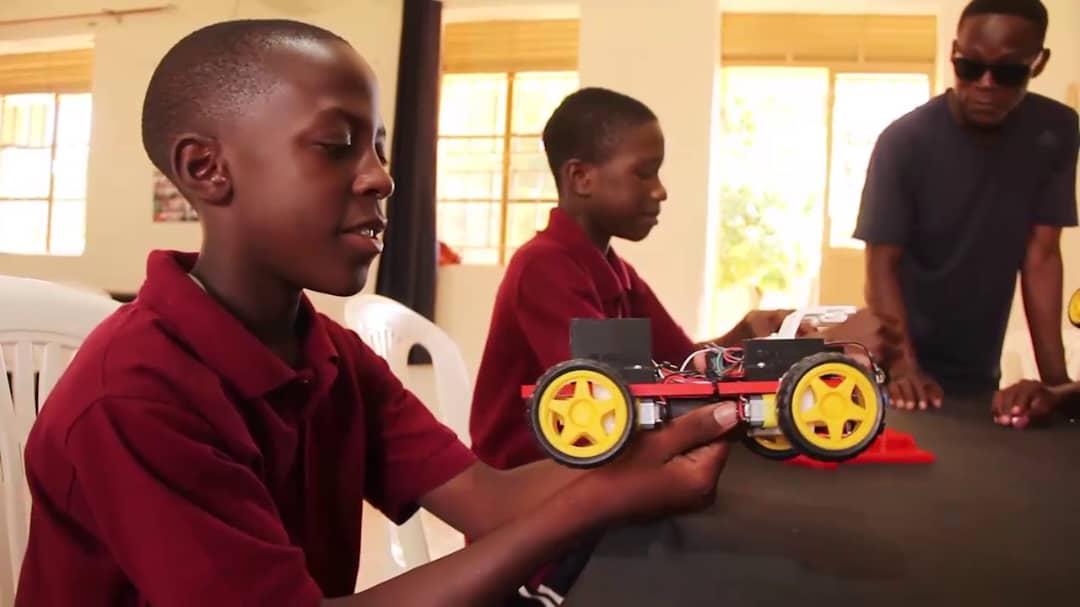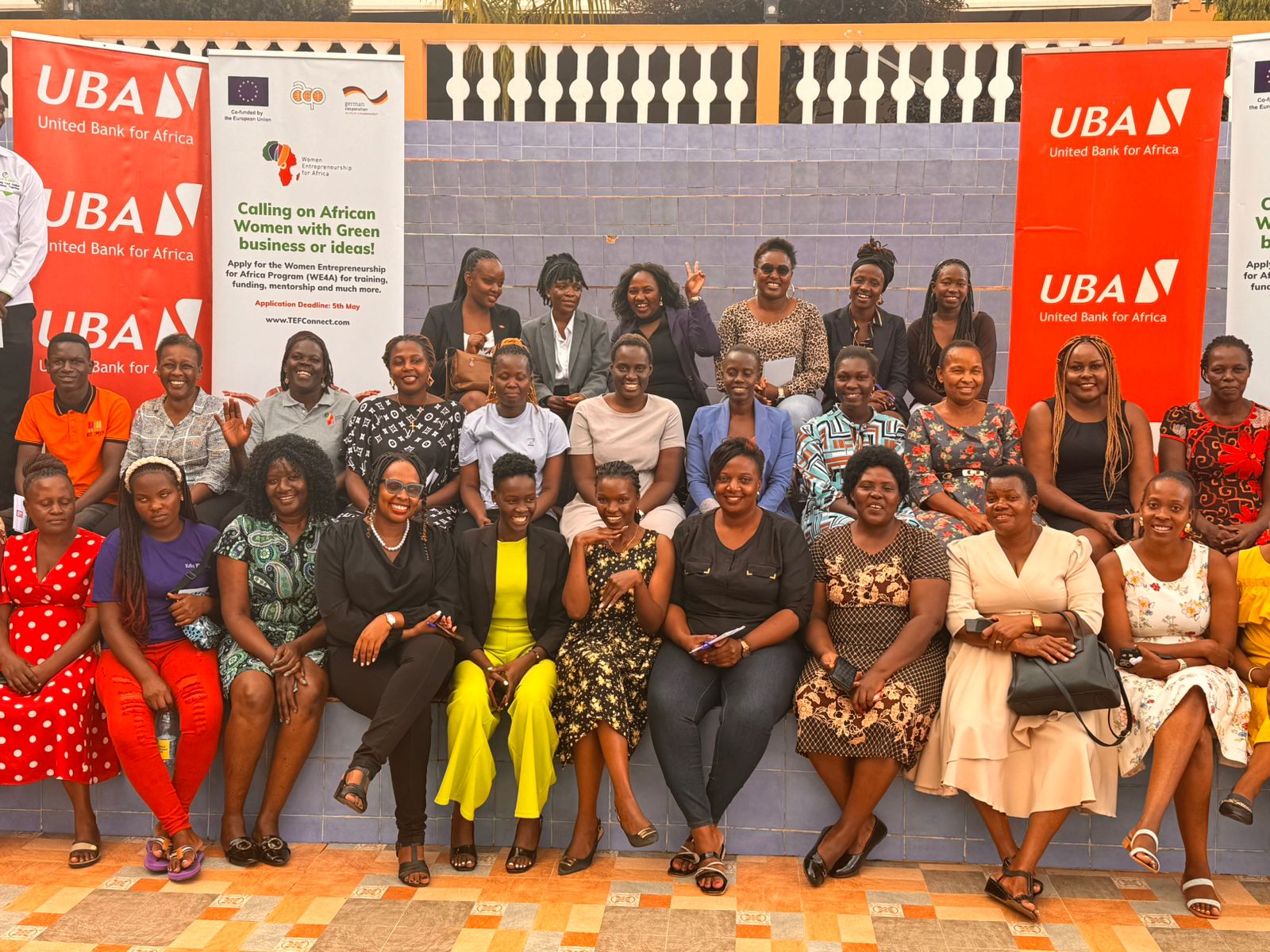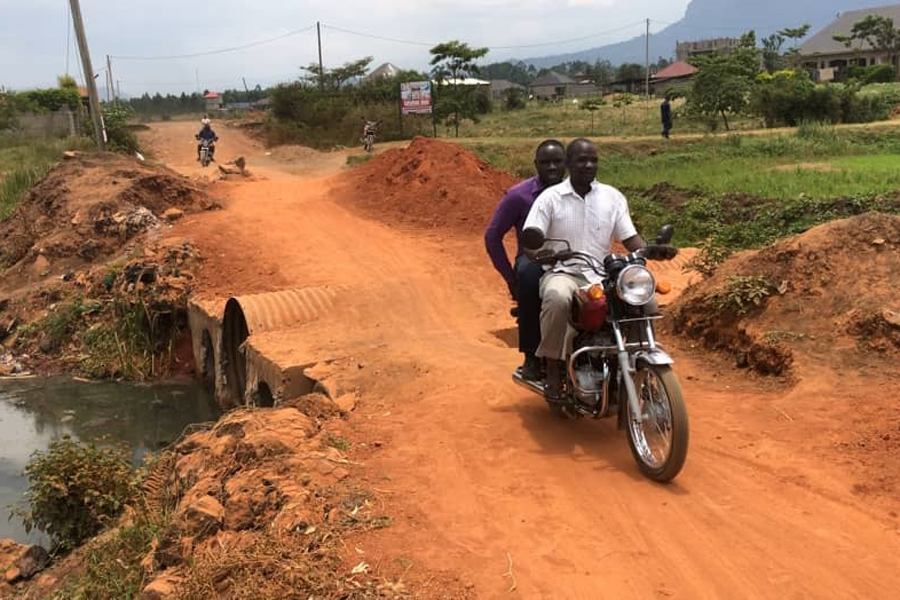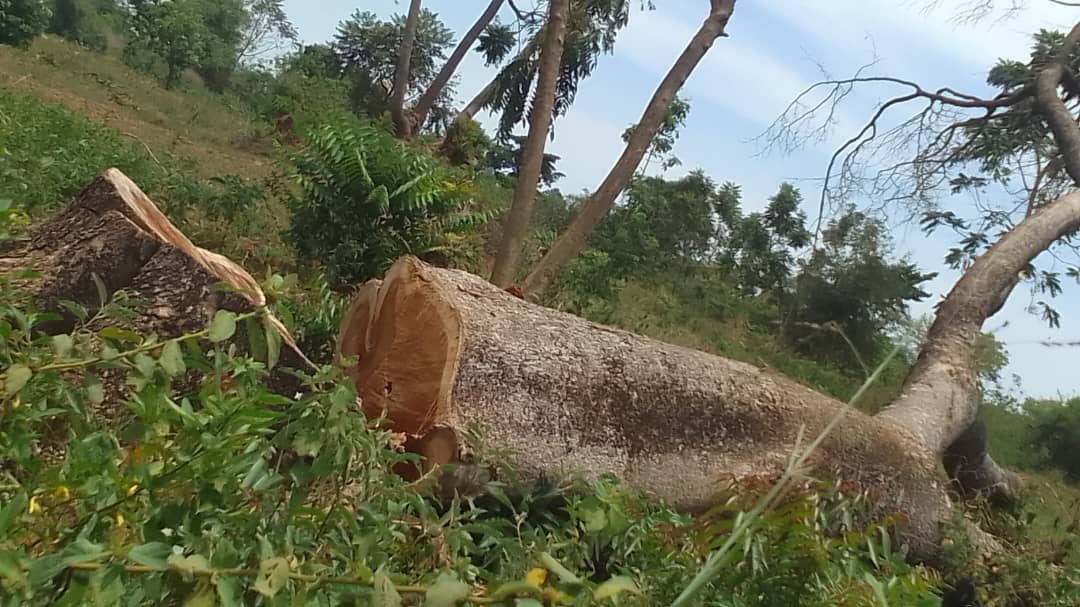Covid-19 triggers local innovations
The outbreak of the Coronavirus pandemic may have led to untold suffering in many parts of the world.
Yet in the same vein, the virus has caused innovative minds to think about solutions that could help countries better fight the disease.
In Kamwokya slum, one of the biggest slums in Kampala, the youths have set up a ghetto research lab, where they have come up with a hands-free no touch handwasher.
Patrick Mujuzi, the head of this Ghetto research lab said they identified the need to protect the ghetto because they are the most vulnerable.
“Our setting is a-bit disorganised. We are so much congested, so due to the fact we wanted to save the lives of the ghetto youths and the ghetto people, we had to think of such things," Mujuzi said.
“When you come, you just step on the pedal, water will switch on itself automatically and when you remove your foot from the pedal, then the water will just close itself.”
A few kilometers away in Kibuli, students of the Islamic University of Uganda also made a hands free handwasher, but theirs is more advanced from the wooden machine we saw in Kamwokya. It is electronic.
“There’s a sensor that detects that someone has put his hands, then it triggers the mortar to open the tap automatically, when the hands are removed automatically it closes. The same also happens on the soap dispenser, there’s a sensor that detects the hands, the micro controller triggers the mortar to push the pump to pump out soap," said Lucy Mwaka, one of the students behind the innovation.
Though clearly different by virtue of mechanics, the real difference between these two hand washers lies in the pricing.
The ghetto lab hand washer costs Shs 35,000 while that of IUIU goes for between Shs 90,000 upto Shs 120,000.
Emmanuel Ainebyona the ministry of Health spokesperson said their expectation is that the innovators will work through all the processes make sure that they meet global standards and also get the requisite approvals for health equipment mostly from the World Health Organization.













